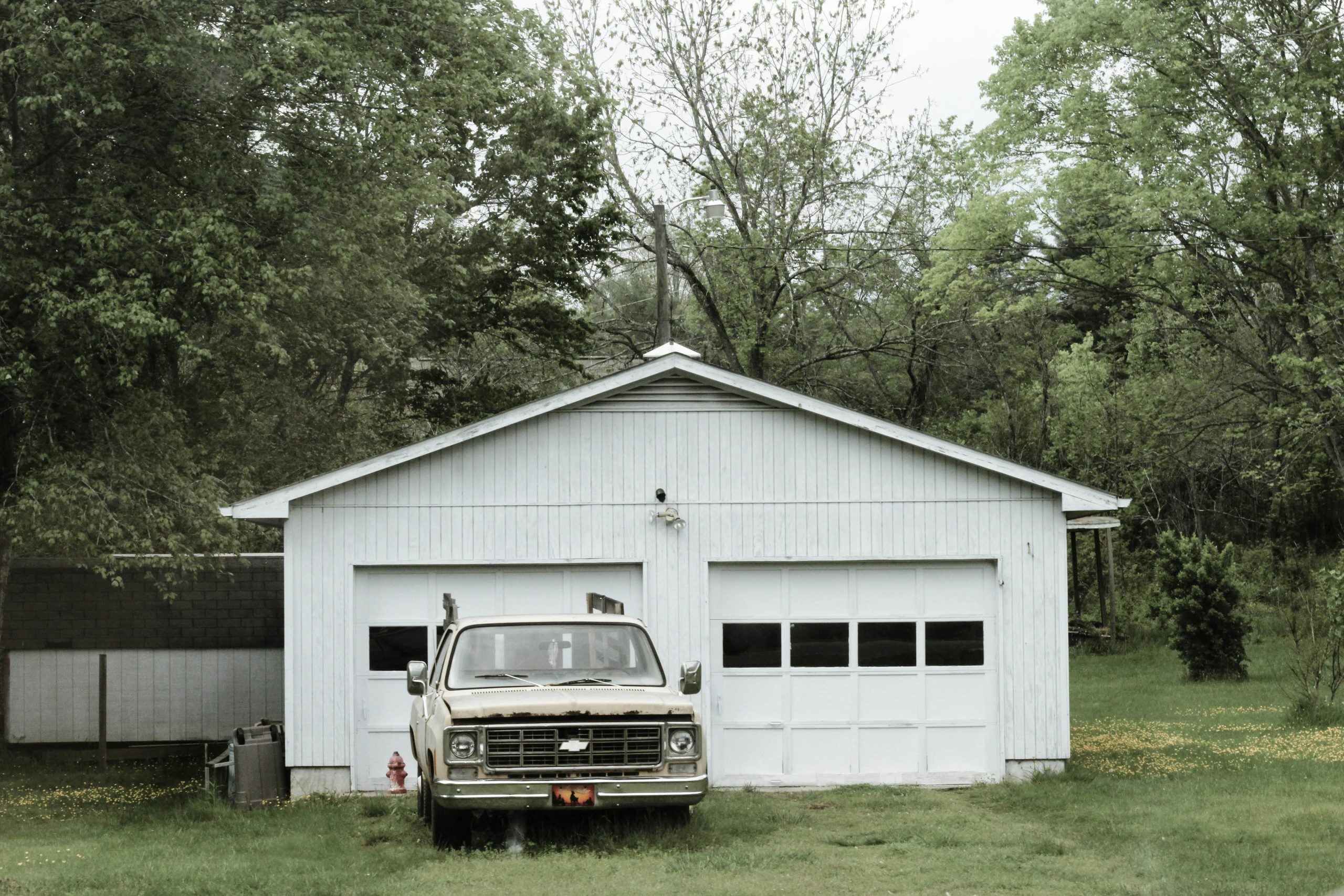What to Do When Your Insurance Denies Coverage After a Tree Collapse: A Homeowner’s Guide
Dealing with unexpected home damage can be stressful, especially when insurance claims are denied. Recently, a homeowner faced such a situation after a tree fell on their shed. The situation unfolded as follows: a certified arborist inspected the scene and attributed the tree’s fall to combined wind and rain conditions. However, the insurance company concluded that only rain was involved and subsequently denied the claim, leaving the homeowner uncertain about their next steps.
Understanding Insurance Disputes Over Weather-Related Tree Damage
It’s not uncommon for insurance providers to scrutinize claims involving fallen trees, especially when weather conditions are complex. In this case, the homeowner’s arborist identified wind as a contributing factor, which is often considered a covered peril under many homeowner policies. Conversely, the insurer’s assessment limited responsibility to rain only, citing it as the sole cause of the tree’s fall. This discrepancy highlights a common challenge: disagreements about what caused damage during severe weather events.
Key Considerations and Recommended Actions
-
Gather and Document Evidence:
Ensure you have comprehensive documentation, including statements from certified arborists, photographs of the damage, and weather reports covering the incident date. This evidence can support your case if you decide to dispute the insurance decision. -
Review Your Policy Details:
Carefully examine your homeowner’s insurance policy to understand coverage specifics related to storm damage and fallen trees. Some policies have exclusions or specific requirements for debris removal and storm-related incidents. -
File an Appeal or Dispute:
Most insurance companies have a formal appeals process. Submit a detailed appeal with the supporting evidence from the arborist and weather data. Clearly articulate why you believe the damage is covered under your policy. -
Consult a Professional:
If disputes persist, consider consulting a public insurance adjuster or an attorney experienced in property claims. They can provide guidance on your rights and assist in negotiations or legal proceedings. -
Engage Local Resources:
Check if local consumer protection agencies or homeowner advocacy groups can offer additional advice or assistance in navigating the claims process.
Final Thoughts
Insurance coverage disputes stemming from weather-related damage can be complex. The key lies in thorough documentation, understanding your policy, and being proactive in advocating for your claim. If your initial claim is denied, don’t be discouraged—there are recourse options available. Staying informed and persistent can make all the difference in securing the coverage you deserve.
Need further advice? Reach out



